New blog post on our website, authored by Mr. Yoshiko Omori, Director at the Institute of Energy Economics, Japan (IEEJ).


New blog post on our website, authored by Mr. Yoshiko Omori, Director at the Institute of Energy Economics, Japan (IEEJ).

Japan has announced its plans to introduce E10 bending by 2030, as a strategy to decarbonize its transport sector.

Sugar production reached 2.45 million tons in the first half of June 2025, while ethanol production reached 1.78 billion liters.

Climate change stands as one of the most pressing global challenges of our time. Its causes and impacts cross borders—demanding collective, coordinated efforts from all nations. The transport sector, responsible for nearly a quarter of global CO₂ emissions, must be a...
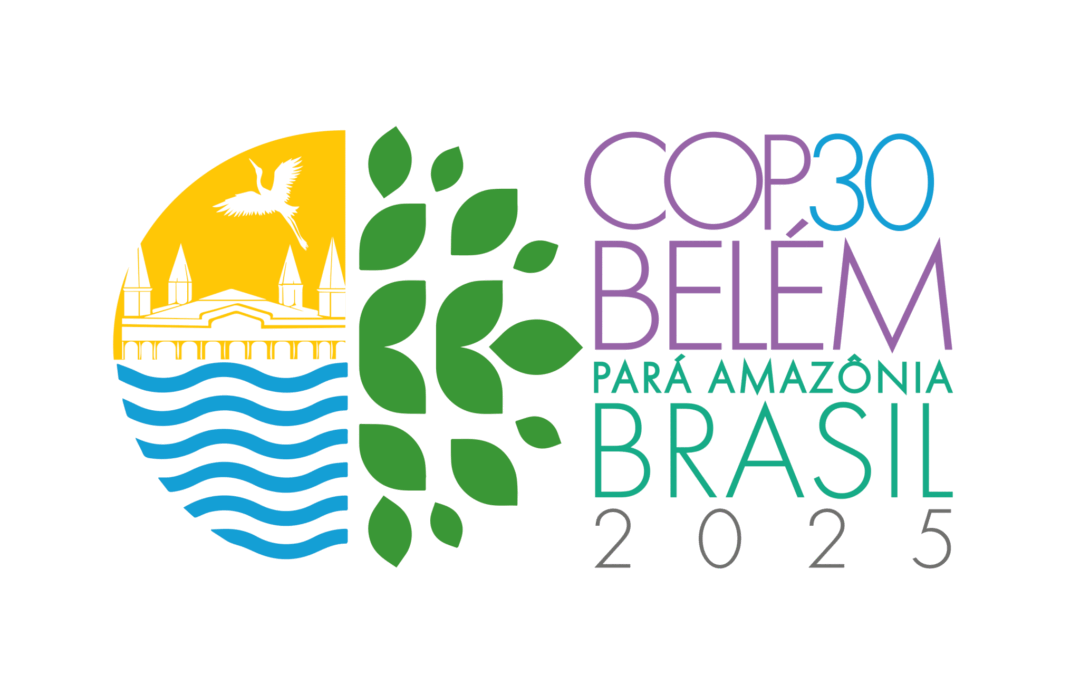
Fourth Letter from COP 30 President-Designate . Publication date – 20 Jun 2025
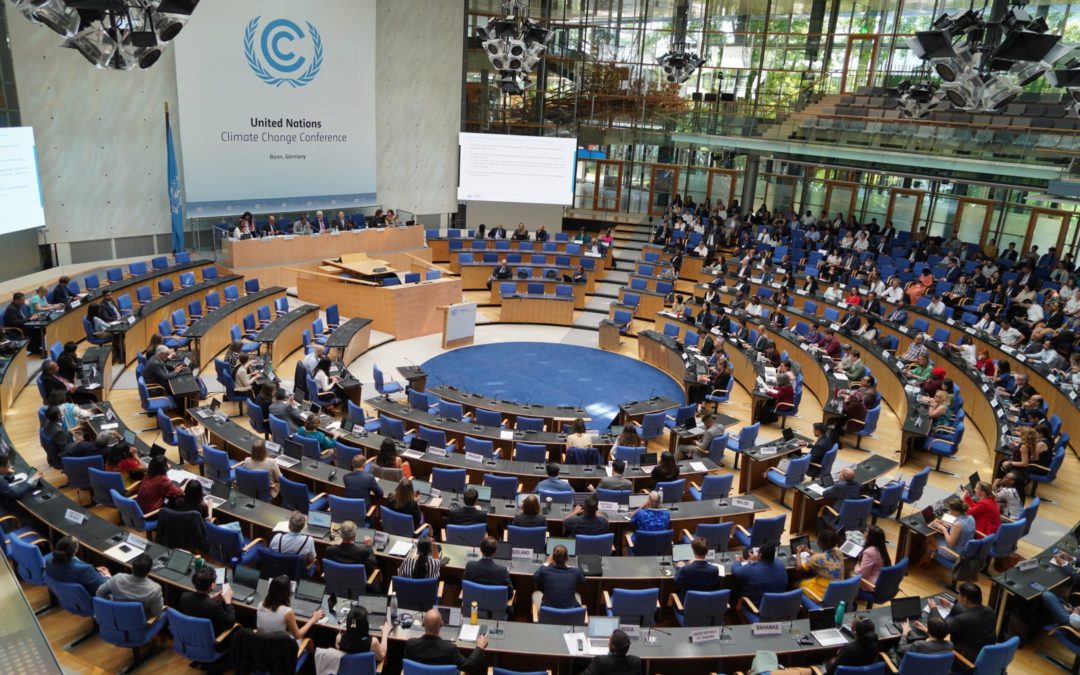
Since energy and transport produce most emissions, the clean energy transition is the main instrument to meeting climate goals.
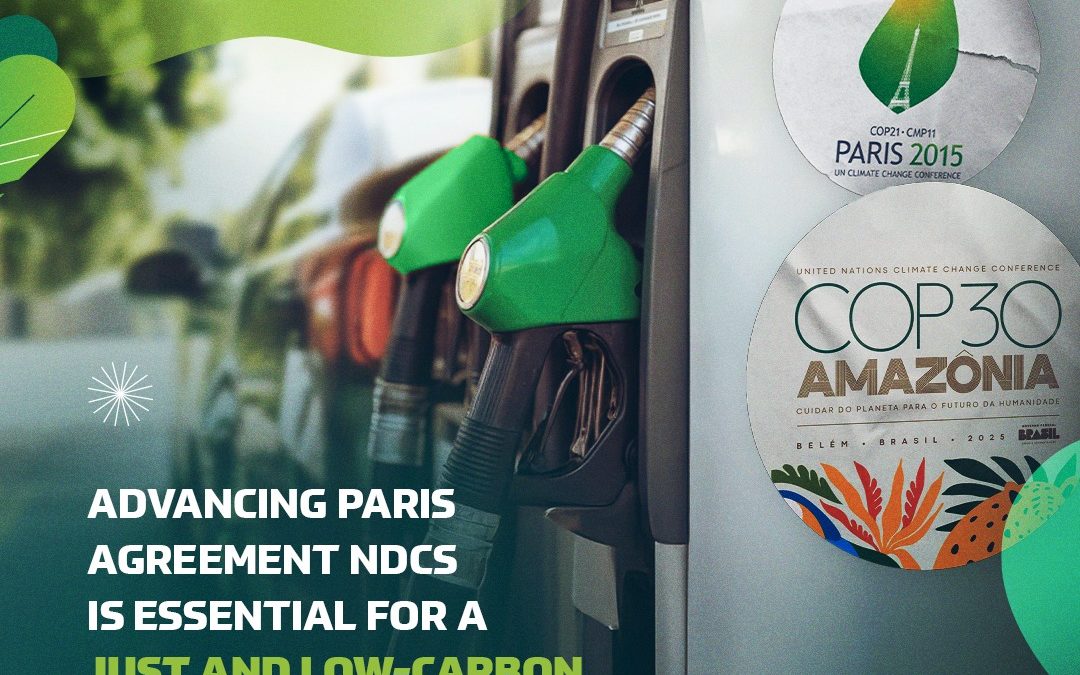
As COP30 approaches, it is more important than ever to spotlight successful examples like Brazilian ethanol and the RenovaBio policy.
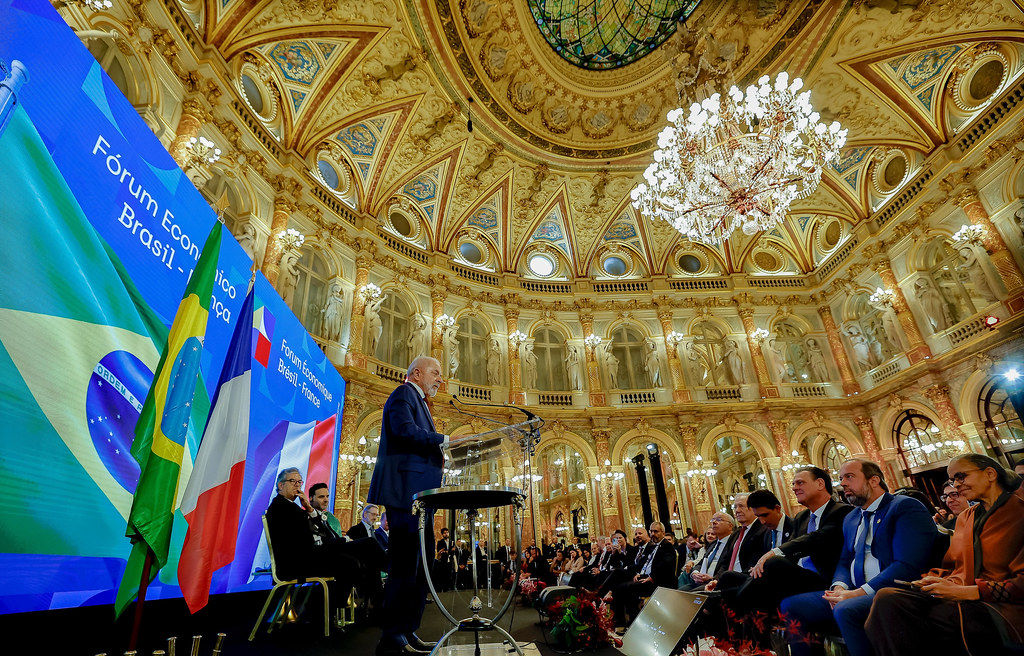
European audiences took part in events exploring how cooperation between Brazil and the European Union can help the climate agenda.
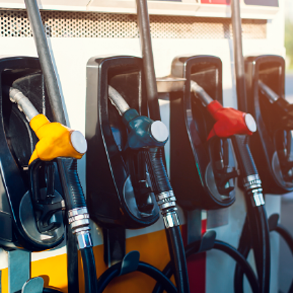
Check out the latest blog post by Austin Heyworth, “Keep the Door Open to Cleaner Fuels: Why U.S. Policy Should Strengthen, Not Undermine, the Role of Brazilian Ethanol”.

Brazilian ethanol has been—and can continue to be—a valuable partner in helping the U.S. reduce carbon emissions, while also delivering economic benefits and enhancing energy security.